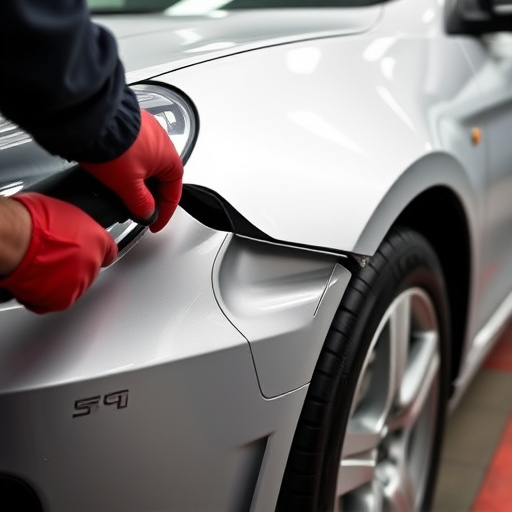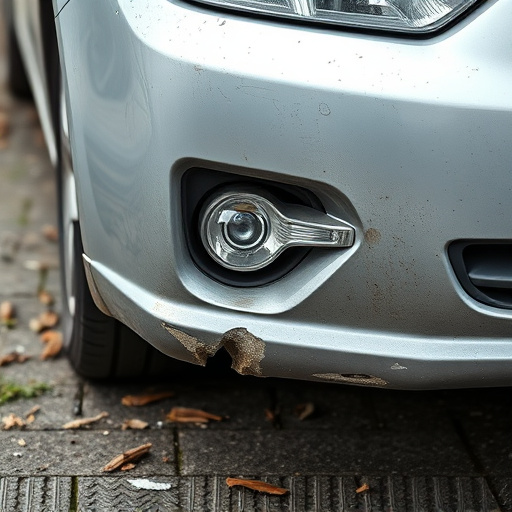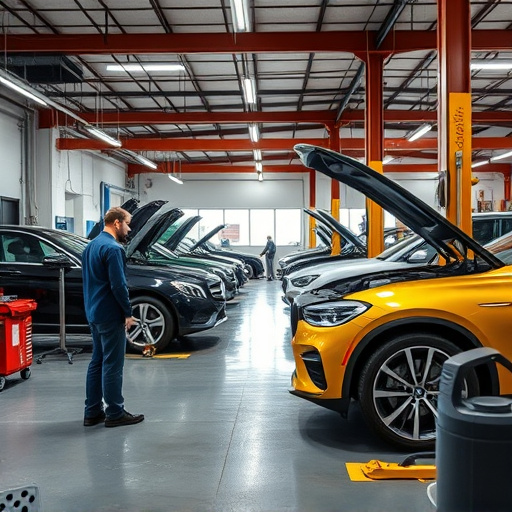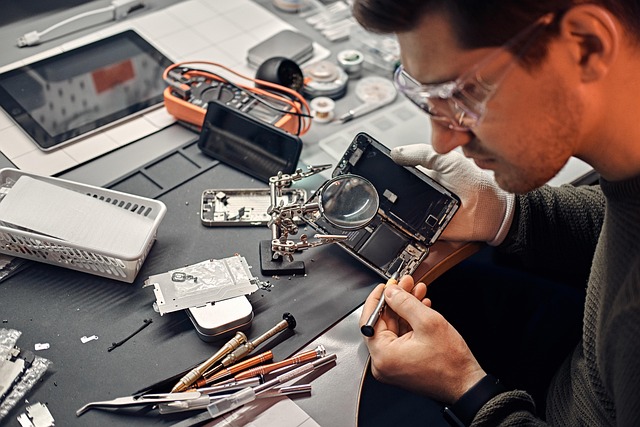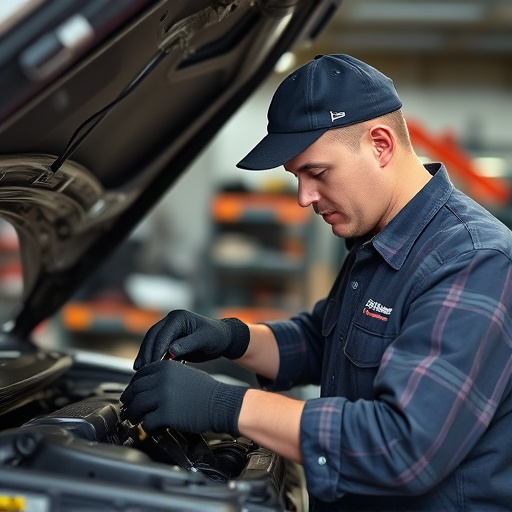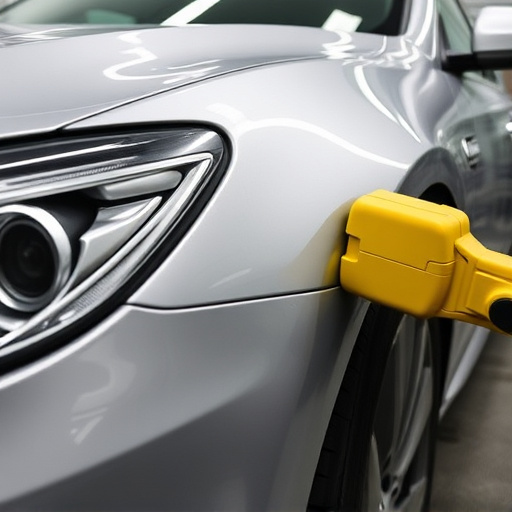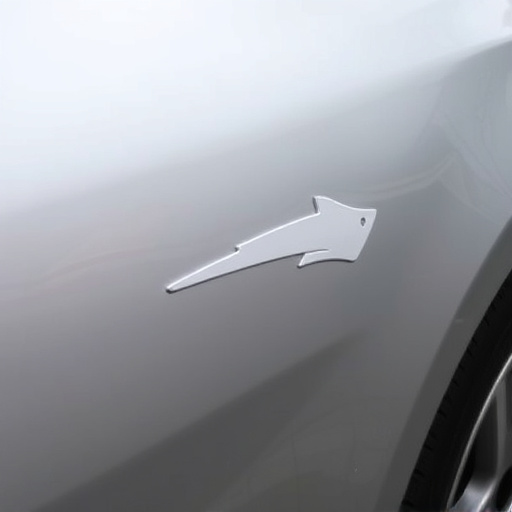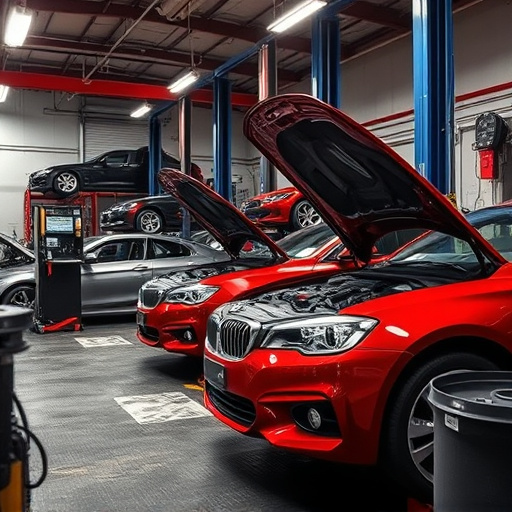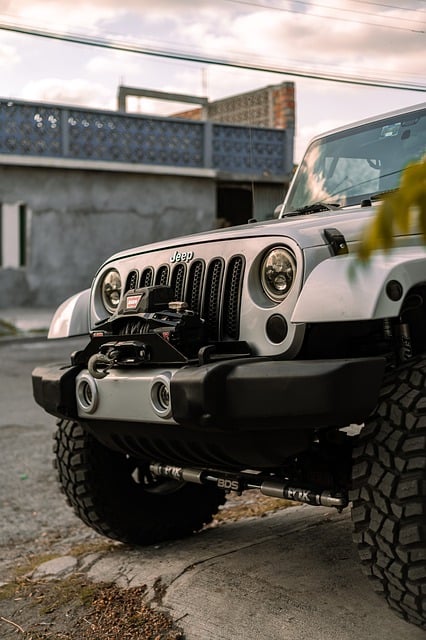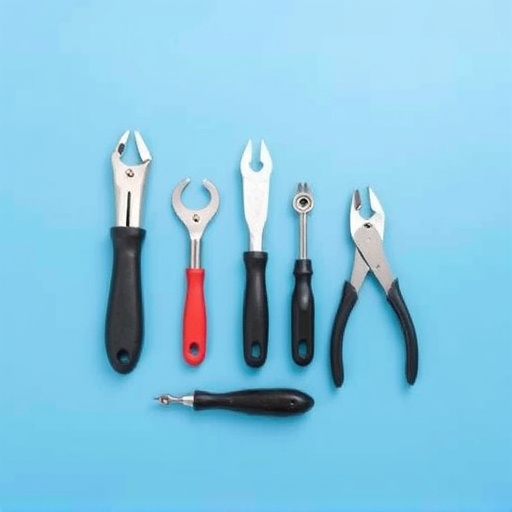Loaner vehicle collision repair services provide temporary transportation solutions for drivers involved in car accidents, ensuring they don't go without a car during repairs. To be eligible, policies usually require comprehensive or collision coverage, a valid license, and repairs at an authorized center. Understanding your policy benefits and tracking the process is crucial to minimize stress and guarantee high-quality repair for any vehicle, from Mercedes-Benz to others.
Looking to navigate the complexities of a car accident and its aftermath? Discover how qualifying for a loaner vehicle collision repair can ease your burden. This guide breaks down the benefits, eligibility criteria, and tips to maximize entitlements during the repair process. Understanding these key aspects ensures you receive the support needed to get back on the road safely and smoothly.
- Understanding Loaner Vehicle Collision Repair Benefits
- Eligibility Criteria for Loaner Vehicle Claims
- Maximizing Your Entitlements During the Repair Process
Understanding Loaner Vehicle Collision Repair Benefits
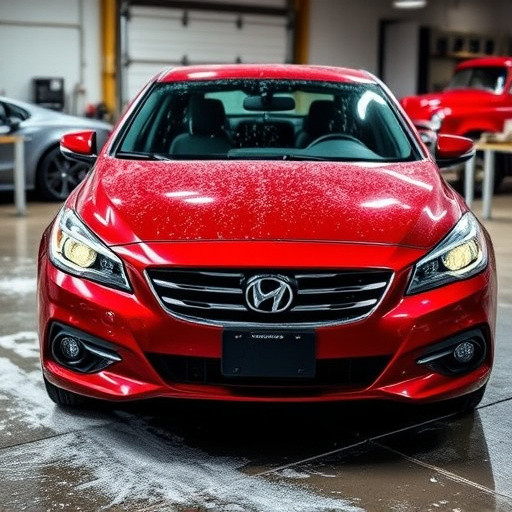
Loaner vehicle collision repair benefits are designed to support individuals who have experienced a car accident and need their vehicle repaired. These benefits can be a significant help, offering temporary transportation while your car is being fixed. Understanding these benefits is crucial for anyone involved in a collision, as it can streamline the post-accident process and reduce stress during an already challenging time.
Many insurance companies and auto body shops provide loaner vehicles as part of their collision repair services. This service ensures that customers don’t have to go without a car while their vehicle is in the shop for repairs. Whether you’ve suffered a minor car dent repair or extensive damage, knowing your options for loaner vehicle collision repair can be empowering. It’s important to inquire about these benefits when dealing with an auto body shop, ensuring a smoother transition back to having a fully functional vehicle.
Eligibility Criteria for Loaner Vehicle Claims
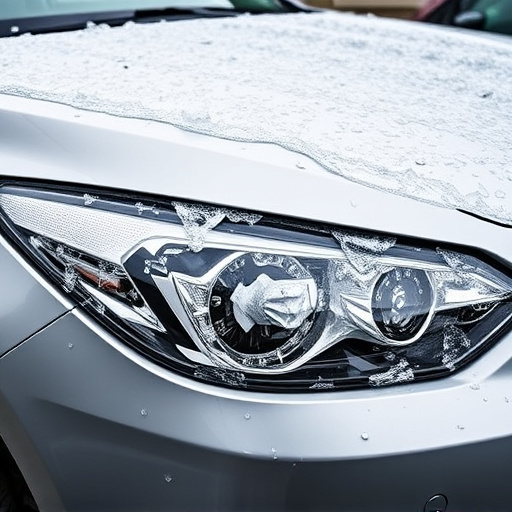
When it comes to qualifying for loaner vehicle collision repair benefits, understanding the eligibility criteria is key. Firstly, your auto insurance policy must include comprehensive or collision coverage. This ensures that the cost of repairing or replacing your vehicle after a crash is covered, including the rental car expenses. Additionally, you’ll need to have a valid driver’s license and a clean driving record to qualify for these benefits. The vehicle involved in the accident should be drivable, meaning it can safely navigate roads despite some damage, and the collision repair center must be able to perform high-quality auto body services, including dent removal if necessary.
There are also specific conditions that determine when you can claim loaner vehicle collision repair benefits. For instance, your insurance company will typically require that the repairs are made at an authorized or preferred collision repair center. This ensures quality control and may include certain guidelines for the timeline of the repairs to justify the need for a loaner vehicle. Remember, these criteria can vary between insurance providers, so reviewing your policy’s specifics is crucial before expecting loaner vehicle benefits in case of an accident.
Maximizing Your Entitlements During the Repair Process
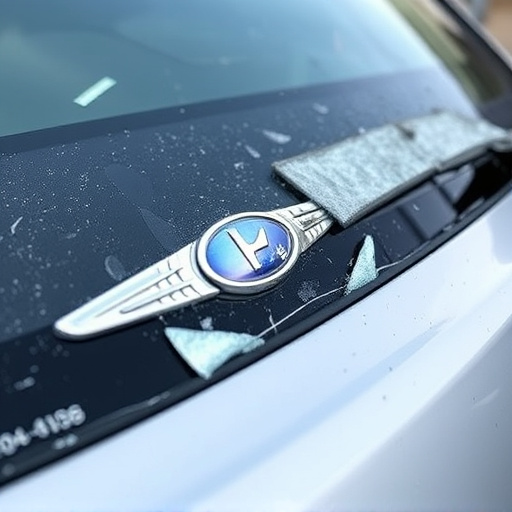
When undergoing collision repair for your vehicle, maximizing your entitlements as a policyholder is crucial. This includes taking advantage of the benefits offered by your insurance company, such as securing a loaner vehicle collision repair option. Many policies cover not only the cost of fixing damages but also providing a temporary replacement car during the repair period. Understanding these benefits can ensure you don’t face additional stress or financial strain while your vehicle is being restored to its pre-accident condition, whether it’s a top-tier Mercedes-Benz repair or any other make and model.
During the repair process, keep detailed records of all communications with your insurance company, including the names of representatives you speak with and notes on discussions regarding your entitlements. This documentation can be invaluable if there are any misunderstandings or disputes about what’s covered under your policy. Additionally, stay informed about the progress of your car repair services to ensure they’re adhering to industry standards and your policy terms, thereby ensuring the highest quality collision repair.
Loaner vehicle collision repair benefits can significantly ease the financial burden of unexpected car accidents. By understanding the eligibility criteria and maximizing your entitlements, you can navigate the repair process with more confidence. Remember, knowing your rights and working closely with your insurance provider is key to ensuring a smooth and fair experience during what can be a challenging time.

